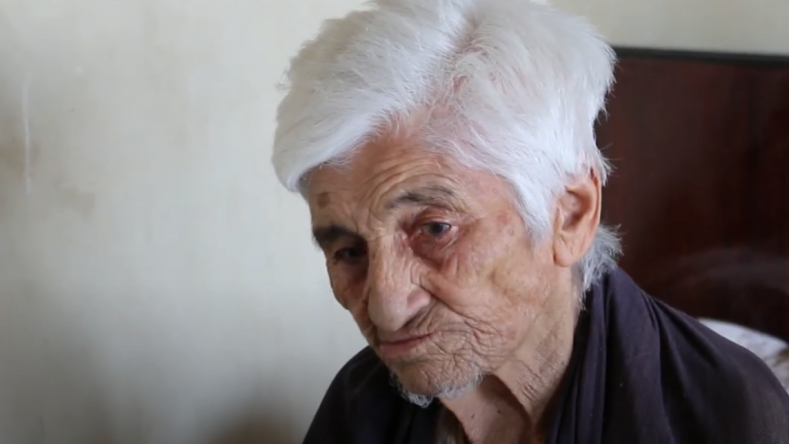
ICRC: Families in Armenia wait for answers about the fate of their loved ones
30 August marks the International Day of the Disappeared aimed at raising awareness of governments, communities, media and public about the plight of people who went missing as a result of armed conflicts, violence, natural disasters and migration.
In the region affected by the Nagorno-Karabakh conflict, more than 4,900 people, both military and civilians, are missing since the nineties and following the escalation of the conflict in 2020, as registered by the International Committee of the Red Cross (ICRC). Behind each of them, there are families suffering from the anguish and uncertainty of not knowing the fate of their loved ones and struggling with the many consequences this has on their lives. The families continue to live between endless hope and despair, while their pain only grows along with their multifaceted needs, ICRC Armenia says.
“People often say that time heals the wounds, but it never heals mine. I am waiting for Karen. I never sleep as every hour and every minute I dream of seeing him again, so I can hug him,” says Gayane Hovhannisyan, whose brother went missing in connection with the 2020 escalation of the Nagorno-Karabakh conflict.
For the ICRC, both the missing persons and their families are victims. We work alongside the authorities to support their response capacities and to encourage them to adopt policies to support search efforts, safeguard families and uphold the dignity of their loved ones who have died. The ICRC and its Central Tracing Agency coordinate the efforts of the International Red Cross and Red Crescent Movement to help reunite families and to draw attention to sometimes overlooked humanitarian tragedies behind those who go missing.
“We stand by families of the missing and remember their relatives together with them,” says Thierry Ribaux, Head of ICRC delegation in Armenia. “When someone goes missing, the family has the right to know what has happened. Clarifying the fate is first and foremost a humanitarian act, and it is also the obligation of states under international humanitarian law. As the time goes by, it does not heal the enduring pain of waiting, but the answers do. And we are committed to supporting the sides to progress on this important issue.”
In line with its mandate under the international humanitarian law, across the region of the Nagorno-Karabakh conflict, the ICRC assists the sides with its expertise, and by acting as a neutral intermediary to encourage them to do all possible to clarify the fate of the missing people.
Video of the day featuring relatives of the missing persons in Armenia is below.
Related news
Newsfeed
Videos






























